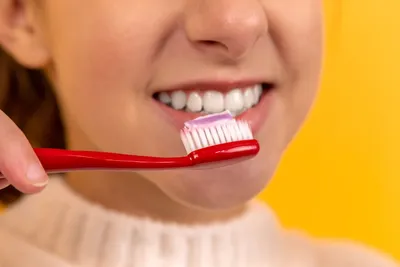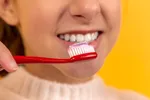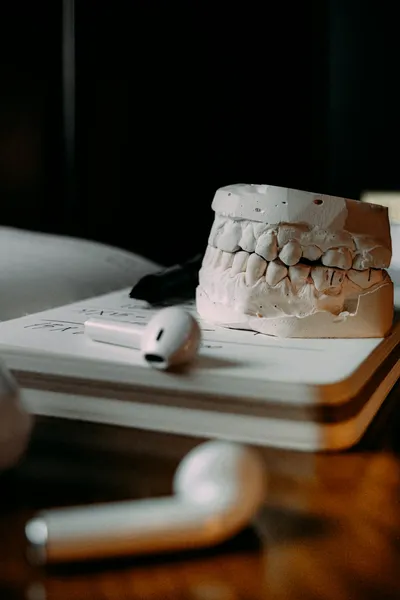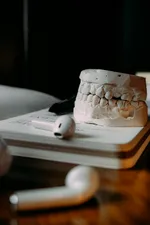
Introduction to Partial Dentures
Partial dentures are a viable solution for individuals who are missing some of their teeth but still have healthy natural teeth remaining. Unlike full dentures, which are used when all the teeth are missing, partial dentures fill in the gaps created by missing teeth, thereby preventing other teeth from shifting.
Types of Partial Dentures
Partial dentures come in various forms, and the choice depends on individual needs, preferences, and dental health. Common types include:
- Cast Metal Partial Dentures: These are made from a metal framework offering a robust solution for missing teeth and are often considered the standard for replacement options due to their durability.
- Flexible Partial Dentures: Made from a bendable material that offers a more comfortable and aesthetically pleasing alternative, especially for those with metal allergies.
- Acrylic Partial Dentures: Also known as flippers, these are generally a temporary but cost-effective solution for replacing missing teeth while awaiting a more permanent fixture.
Benefits of Partial Dentures
Partial dentures play a critical role in maintaining oral health. Key benefits include:
- Improved Oral Functionality: They enhance chewing ability and maintain proper speech patterns.
- Prevention of Tooth Movement: Partial dentures prevent adjacent teeth from shifting into the gaps, maintaining proper dental alignment.
- Cost-Effective Solution: Compared to other dental restoration options, partial dentures are often more affordable, especially when fabricated with acrylic materials.
Caring for Your Partial Dentures
Proper care of partial dentures not only prolongs their lifespan but also ensures your oral health remains optimal. Here are some tips:
- Regular Cleaning: Clean your dentures daily using a soft-bristled brush and a specialized denture cleaner to remove any food particles and plaque.
- Proper Storage: Always keep your dentures moist when they're not in use to prevent them from drying out and warping.
- Regular Dental Visits: Regular check-ups with your dentist ensure that your dentures are fitting well and your oral health is intact.
Conclusion
Partial dentures offer an accessible path to restoring oral function and aesthetic appeal when dealing with tooth loss. Understanding the types available, their benefits, and appropriate care methods will help you make informed decisions in collaboration with your dental care professional. Whether you're considering them as a long-term solution or a temporary fix, partial dentures can profoundly impact your quality of life.
Popular Oral Health Articles
Explore the articles our readers find most helpful, ranging from basic dental care tips to advanced oral health topics.


Related Posts
View All
Best Dental Hygiene Techniques in 2024



